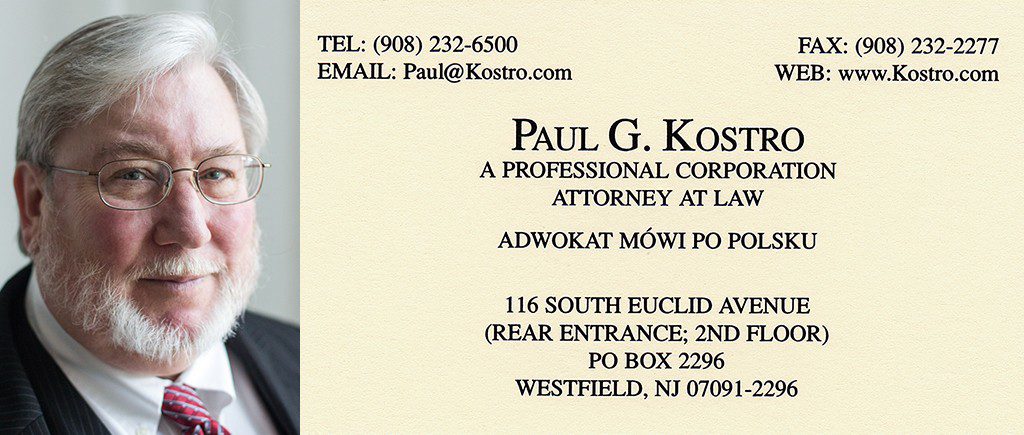
Litigation is generally regarded as expensive, time-consuming, and emotionally draining; and, the outcome is not assured. Nonetheless, sometimes, you must litigate – if that is your fate, we are ready to represent you.
Litigation can occur in a variety of venues – Federal Courts; State Courts; Workers’ Compensation Courts; Administrative Agencies; and Municipal Courts. Litigation can also occur in “private” courts – commonly referred to as Arbitration.
Litigation generally progresses through a series of phases (which often overlap):
Preliminary Investigation
If time allows, the Facts and the applicable law should be researched before initiating any legal process. That investigation should reveal the strengths and weaknesses of a case, which may guide the strategy and tactics to be followed.
Filing Of Pleadings
The Plaintiff (the one who initiates the court process) generally files a Complaint. That Complaint is then Served on the Defendant; who then is allowed to file an Answer within a designated time period. If an Answer is not filed, the proceedings may proceed despite the Defendant’s Default. The Defendant may also assert a Counterclaim (against the Plaintiff); or, a Cross-Claim against another party; or, a Third-Party Complaint against someone who is not yet a
Discovery
Discovery is the process of gathering Evidence – this may involve Interrogatories, Depositions, Requests For Admissions, and Medical or other Expert Examinations.
Interrogatories are written questions that need to be answered by the opposing party, under oath.
Depositions are verbal questions that are posed by the opposing attorney, and need to be answered by the Witness, under oath – the proceeding is recorded by a Court Reporter.
Requests For Admissions are statements of fact that a party is requested to admit – those responses may be used in subsequent court proceedings as evidence of the truth, or evidence of the parties’ failure to cooperate with discovery in good faith.
Motion Practice
A Motion is a petition to the Court for a sought after outcome – this can involve procedural issues; or, it can involve disputes relating to Discovery.
Summary Judgment may be sought when one or both sides believe that there are no factual issues in dispute, and the Court may be asked to render a decision based on the undisputed facts, and the applicable law.
Settlement Negotiations
A Settlement is almost always better than not-settling. Through good faith Negotiation, goals may be achieved; optimally, to both sides’ satisfaction (or at least, equal dissatisfaction).
Often, Mediation may be utilized as a means to a Settlement – but, for a successful Settlement, both sides need to be willing.
Pre-Trial Preparation
To present Evidence at Trial, the testimony that will be presented needs to be prepared, evaluated, coordinated, and sometimes, rehearsed.
Often, one or more Experts need to be identified, retained and consulted about issues that need to be explained to the Judge or Jury during the Trial.
Documents need to be copied and
Trial
A Trial is like a “play,” where various people have speaking parts (e.g., they testify as Witnesses), and Documents and other Evidence is presented to the Judge or Jury (the audience viewing the “play”), so that the Judge or Jury can come to a Verdict as to what gave rise to the litigation; and, based on those factual findings; and, given what the Law dictates, a final outcome can be reached.
Possible Appeals
Often, one or both sides are dissatisfied with the outcome of a Trial; and choose to Appeal – that is, claim that legal errors were made during the Trial, which may result in a new Trial.
All of the above is regulated by Rules of Court and Rules of Evidence – all of which are technical in nature; and, often not well understood by those who have not been trained in these Rules.
If you want my legal help, please call me to schedule an appointment — I can be reached by telephone at: 908-232-6500; or by Email: Paul@Kostro.com. My Law Office is located at: 304 Wells Street, Westfield, Union County, NJ 07090.
See Related Blog Posts:
